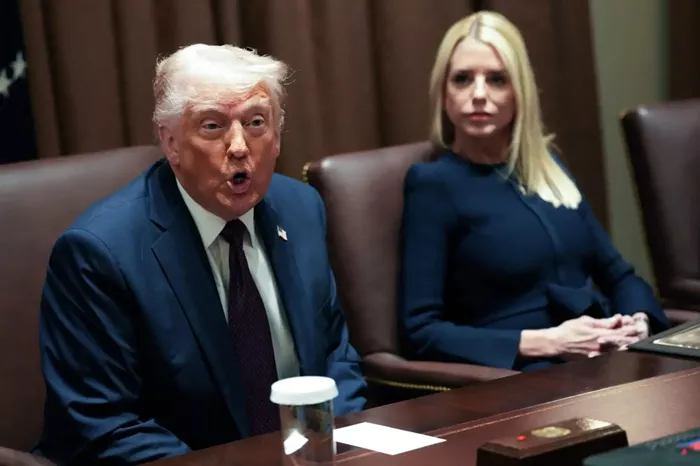The U.S. administration has ramped up its economic offensive by imposing a 25% tariff on all goods imported into the country from nations purchasing Venezuelan oil. The move is seen as a direct attempt to weaken the Venezuelan government by targeting its key trade partners. This new policy applies to both direct and indirect importers of Venezuelan crude oil. China, which is the largest buyer of Venezuelan oil, swiftly condemned the tariffs, calling them an “illegal interference” in its trade relations. China imports approximately 500,000 barrels of Venezuelan crude daily, making it the primary target of the U.S. sanctions.
Immediate Market Impacts and Global Energy Concerns
This latest U.S. decision comes at a time of heightened volatility in the global oil market. India, while importing significantly less Venezuelan oil than China, may also face consequences from the tariffs. The U.S. itself imports around 240,000 barrels per day from Venezuela, presenting a potential domestic issue as this crude supply becomes a sensitive point in American energy policy.
The new tariffs are expected to shake up the global oil market, potentially creating significant disruptions in supply chains. Oil price volatility is anticipated to increase, particularly in Asia, where the effects of reduced Venezuelan oil imports could be felt immediately. The uncertainty may drive other nations to seek alternative energy sources, although the long-term impacts on global market balances remain uncertain.
Diplomatic Fallout and Commercial Risks
Beijing’s rapid response underscores the diplomatic complexity surrounding this decision. The Chinese government has called for the immediate removal of these tariffs, arguing that the U.S. is violating international trade principles. This escalation could further strain the already fragile economic relations between the U.S. and China, with potential ramifications for other trade negotiations, including those concerning semiconductors and automobiles.
Additionally, the U.S. Treasury Department has granted a temporary exemption to Chevron, allowing the company to continue its operations in Venezuela until May 27. This extension highlights a tension within U.S. strategy, where the goal of isolating Caracas often clashes with the economic interests of major American corporations operating in the region.
Impact on Venezuela’s Struggling Economy
The new tariffs are likely to worsen Venezuela’s already dire economic situation. Oil exports are a critical source of revenue for the country, and losing access to key markets could deepen the nation’s financial and social crises. Venezuela’s heavy reliance on crude exports to China makes it vulnerable to any significant reduction in oil purchases.
Venezuelan President Nicolás Maduro has labeled the U.S. sanctions an “aggression” and pledged to resist external pressures. However, economic realities may make this resistance increasingly difficult, particularly as public finances and the living conditions of the Venezuelan population continue to deteriorate. The next few months will be pivotal in assessing the full impact of these sanctions, not only on Venezuela’s economy but also on regional and global geopolitical dynamics.

